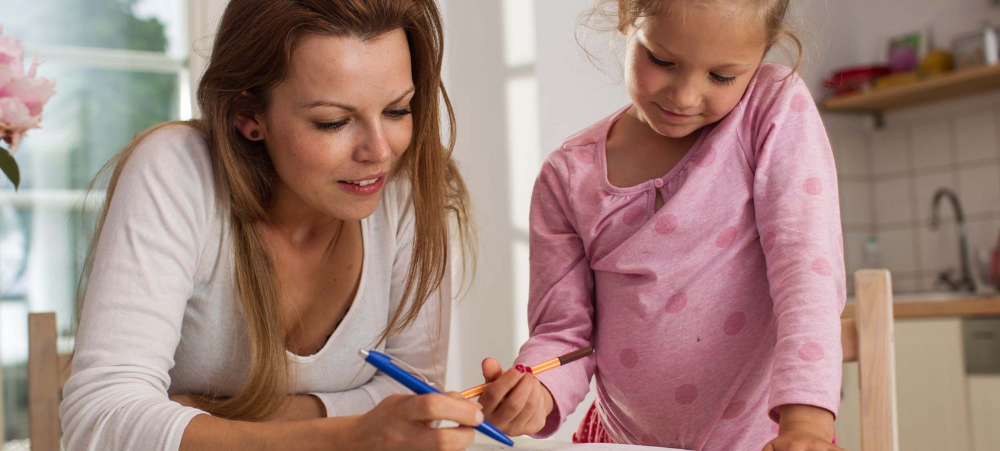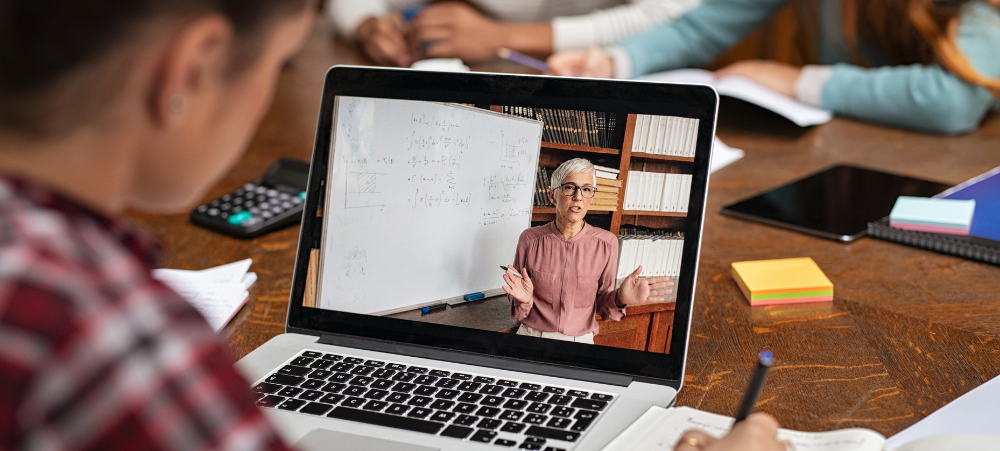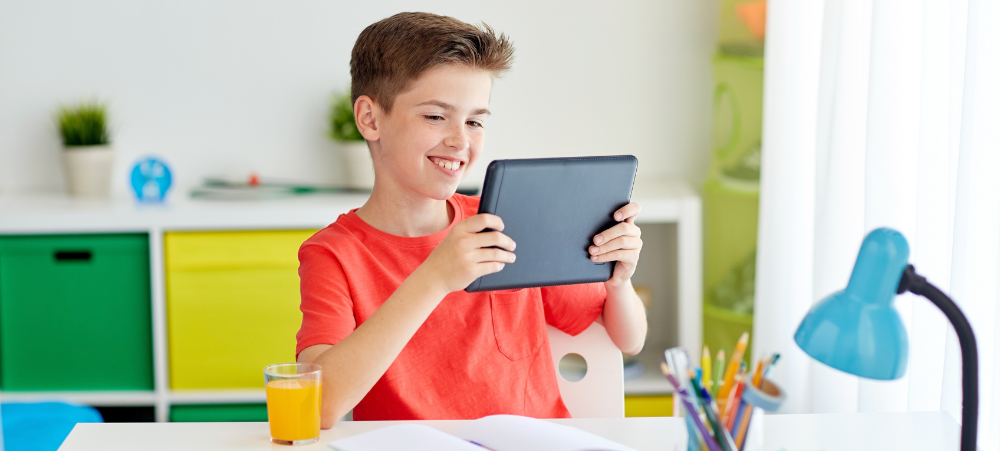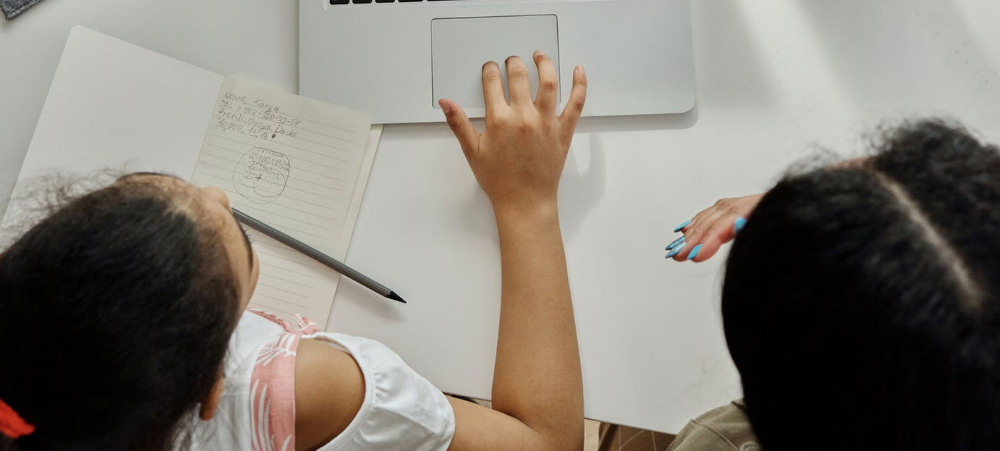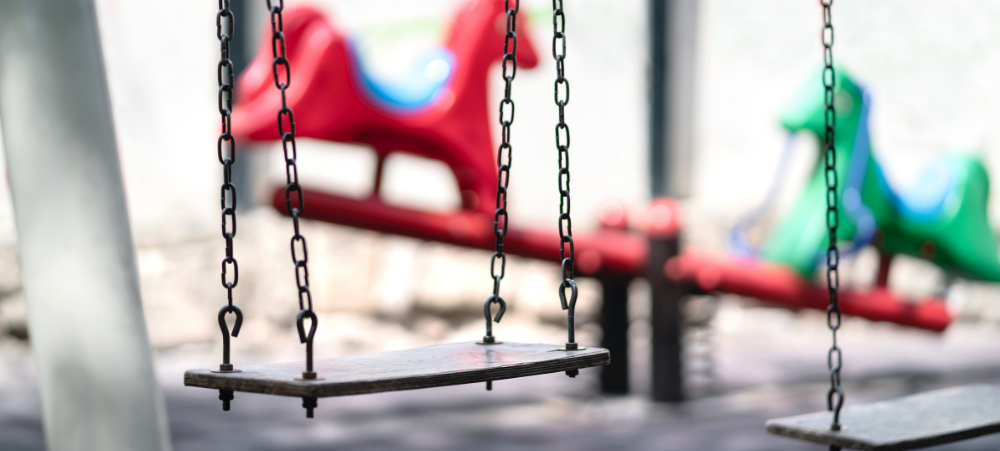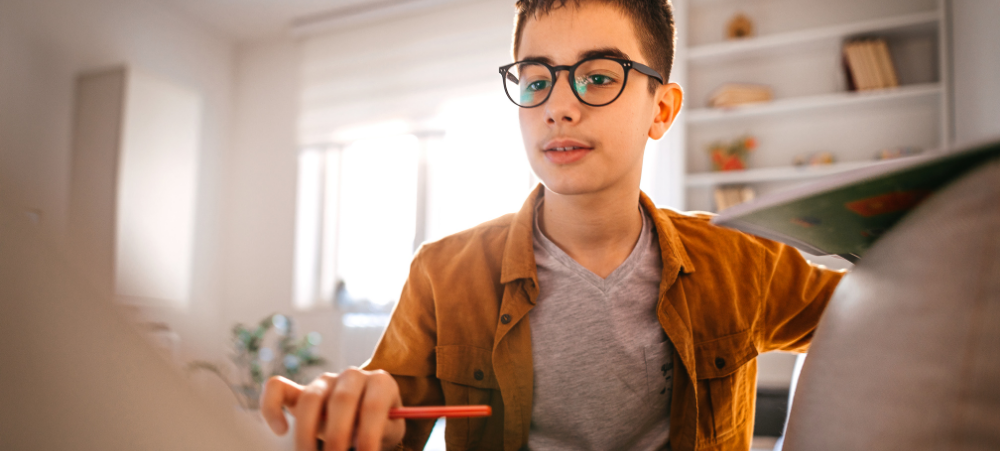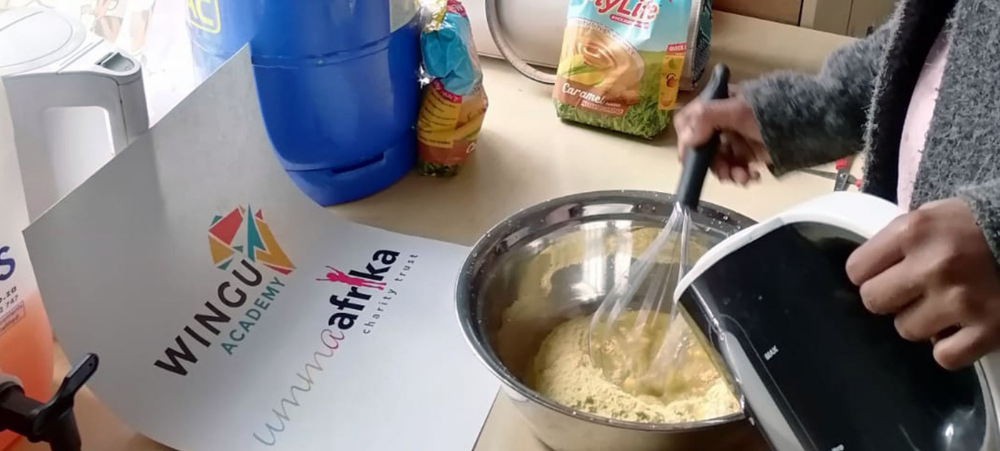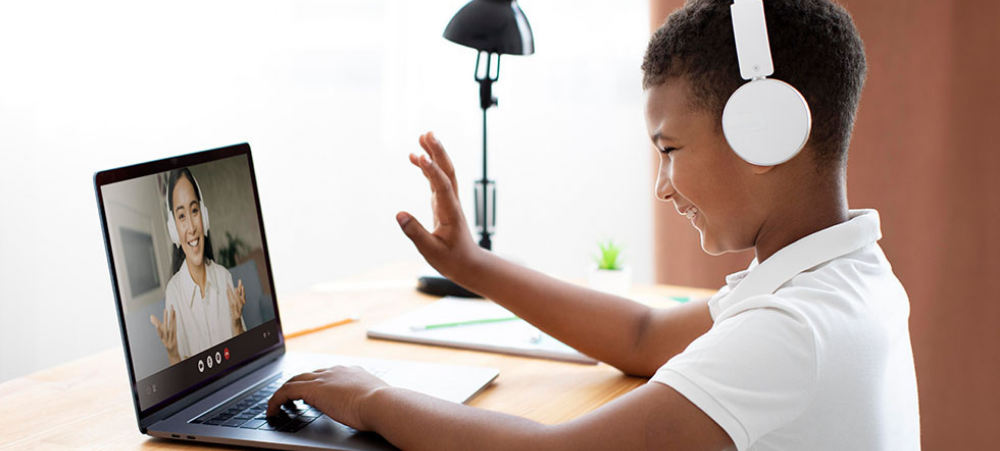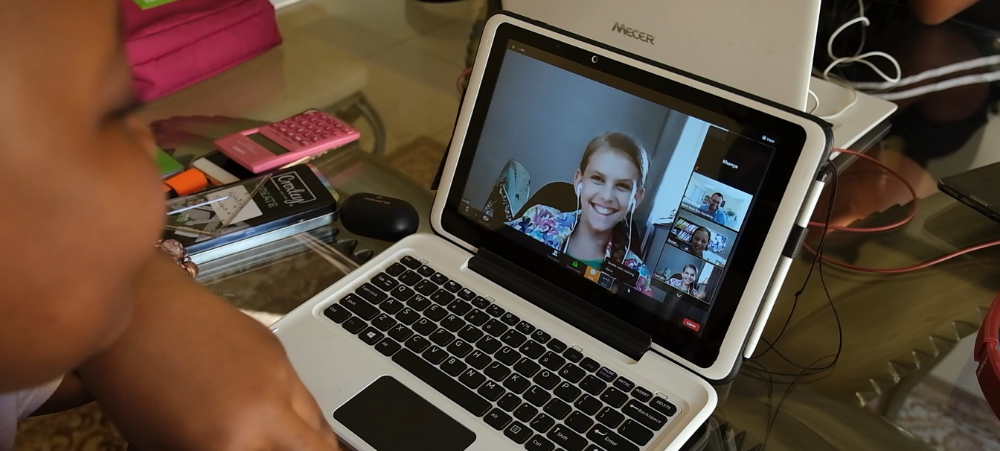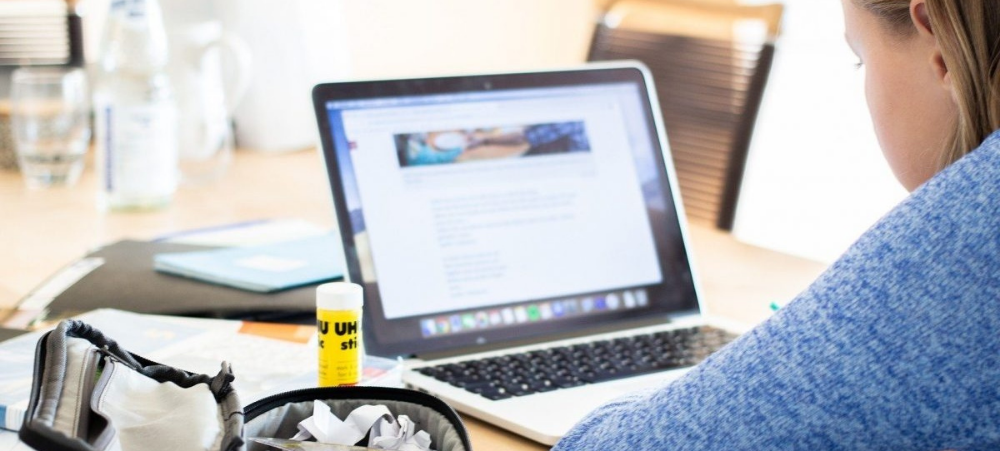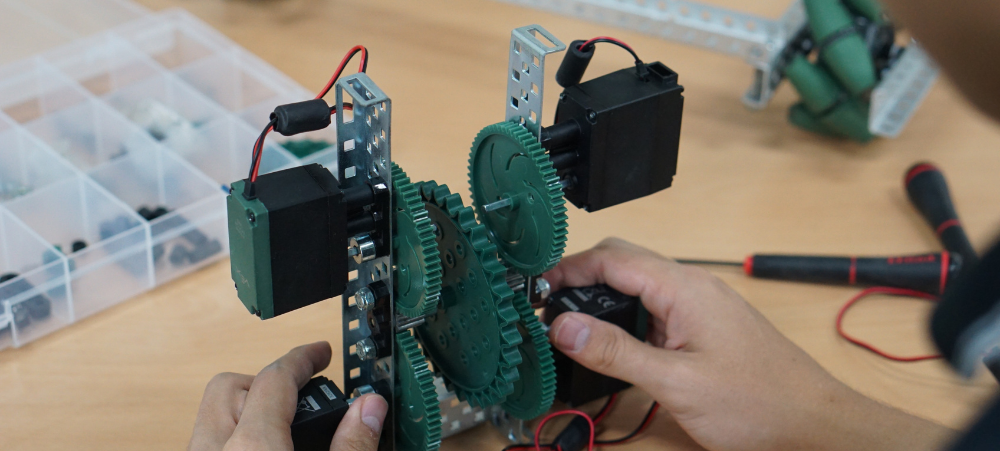
Future-proof your child’s employability from an early age with 4IR Skills
The world of work has been changing over the past decade. There were talks of the 4th industrial revolution by many forward thinking individuals, but the trends towards the revolution has become very clear in the workspace. Trends such as remote work which seemed an impossible consideration for many companies, has become centre stage and many will pay the price if an effective remote work policy is not put in place. Most employers had to rapidly change the way they worked, resembling the 4IR trends that have shaped the vision of the Future of Work. The catalysing effect of the COVID-19 pandemic has turned leaders to focus on what the lasting effect of the pandemic will have on their workplace. Leaders in education have turned their focus on what the lasting effect will be on (a) educators and (b) the future leaders – the youth – and they have a responsibility as a transformative element in society to be paving the way to thriving, growth mind-set individuals ready for the 4th and even the 5th industrial revolutions. But how? According to a report by the World Economic Forum, titled “The Future of Jobs”, the skills that will be most in demand during the fourth industrial revolution are: Complex problem solving Critical thinking Creativity Managing people Coordinating with others Emotional intelligence Judgement and decision making Service orientation Negotiation Cognitive flexibility “Education can no longer be about learning facts. Educational organisations must focus on being transformative experiences, delivering an individual that has gained more than knowledge after completing a program. Central to these future skills is a mindset resembling that of the entrepreneurial-mindset where resilience and personal growth are centre stage in determining success. Education systems and mindsets – striving to master a fixed set of learning outcomes and avoiding failure are outdated viewpoints. Instead, critical and creative thinking, embracing failure as a positive growth opportunity, resilience and collaboration should take centre stage in transformative education strategies. It’s important to future-proof your child to thrive with skills of the future, like lifelong purposeful learning, unlearning and relearning, adaptability and rapid (re)skilling, says Ian Strydom – Managing Director Wingu Academy. Why is it important to future-proof your child’s employability? The industries tied to the defining 4IR technologies (robotics, artificial intelligence, augmented and virtual reality, nanotechnology, cloud computing, quantum computing, machine learning, additive manufacturing, genetic modification) will birth new areas of work. McKinsey and Company predicts that by 2030, up to 30-40 percent of all workers in the developing world may need to move into new jobs or at the least up- or re-skill significantly. At Wingu Academy learners are introduced to subjects such as coding, robotics, app development and game development from an early age to build a foundational grasp of these fields. Learners and parents have a preconceived idea of Robotics and Coding and in general believe it’s for the “smarter” kids or for learners who are doing really well in other subjects. In doing so, they automatically disqualify themselves from enriching their future careers with these skills. We want to challenge this mindset. Every field in the future will incorporate coding and robotics to some extent and having a keen understanding of the underlying principles will set them up for success. Apart from the hard practical skills learnt, integrated robotics and coding curricula teaches students invaluable soft skills such as critical thinking, collaboration and solving problems logically and has the added advantage of teaching them to persevere in solving problems. Employers are looking for high-performance individuals – young people and mid-career employees- who are in sync with the demands of a rapidly-changing digital workforce. Learners that have these skills at school will be at an advantage, even if a child doesn’t go on to pursue a career in coding/IT. Even if a learner doesn’t go on to pursue a career in coding/IT, how will this benefit them? The first obvious advantage is the opportunity to be employed directly in the IT industry which offers huge employment potential. Currently SA has 200,000 unfilled positions that require a knowledge of coding. Coding has emerged as a new literacy that allows us to leverage the power of computers. At school it is important that children learn to use computational thinking to solve problems as this way of thinking is best developed early on. A keen understanding of computational processes allows team members to collaborate with programmers, to better understand the impact of actions and decisions on enabling digital technological processes (and the teams that develop them) and use design thinking principles to drive innovation effectively. Coding and IT are becoming prominent in almost all career fields. For instance; artists are using machine learning algorithms to create unique art, acting and entertainment machine learning algorithms are used to write scripts and in medicine or biology it is used for diagnosing diseases and finding new treatments by repurposing medicine. “Our aim is thus that learners who complete these courses will not only be more desirable to employ, but at the same time exceed employers expectations,” Strydom concludes. What will the learners be taught to master with these programmes at Wingu Academy? Learners in the Coding and Robotics programme will use a variety of different programming languages such as Python and JavaScript to solve various problems, some translating into creative solutions in the real world. They will apply their skills in various different fields of interest including music, robotics, science and others to demonstrate the power of coding in various fields. More mature learners enter the Software Development programme where they work on front-end and back-end solutions and build a variety of web applications to develop a portfolio of evidence, equipping them with many entry level skills in the IT industry. Parents who would like to find out more about Wingu Academy’s Kukua Programme can visit https://wingu-academy.com/innovation/. The internationally recognised curriculum at Wingu Academy prepares learners for entering University degrees locally and across the globe, and focuses on building critical and creative thinking skills. The



